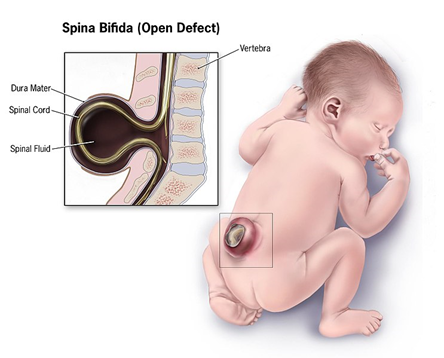


Joseph R. Anticaglia, MD
Medical Advisory Board
Years ago, I was examining a young woman whom I had known since she was a teenager. She was happily employed as a social worker. “How are you doing? How’s the family?”
“Everybody’s fine, thanks for asking.” In the middle of the examination she said; “John and I have been married for two years and we’re ready to start a family.”
“Great! I wish the both of you all the best. Towards the end of the examination I said; “You might consider speaking with your Obstetrician about taking prenatal vitamins.”
Karen, an analytic type of person; “What’s the value of taking the vitamins? Which vitamins should I take? How often and for how long? I’m a healthy person. I eat well. I exercise. Do I need them?”
“I think it best you discuss these questions with your Obstetrician. He’ll talk in more detail than I have about folic acid, iron and nutrition so that the pregnancy goes smoothly.”
Prenatal vitamins do not replace a nutritious diet, regular exercise or the recommended healthy weight gain during pregnancy. However, you need to supplement your diet with key vitamins and minerals.
Folic acid is the synthetic form of folate or vitamin B9. It’s a vital vitamin needed by the tissues to make new cells. It helps prevent birth defects of brain and spine. By not consuming enough folic acid before and during pregnancy, one increases the child’s risk of having a horrible birth defect spina bifida, a neural tube defect.

Adequate Iron levels are of particular concern during pregnancy. It’s a mineral that supports the health of the mother, the growth of the fetus, and the development of the placenta. It makes hemoglobin, a protein found in red blood cells, which carries oxygen and a healthy blood supply to the fetus, mother and to different parts of the body. Pregnant women require additional iron intake due to the increase blood volume and growth of the fetus.
Calcium and vitamin D work to build strong bones and teeth. Vitamin D helps the absorption of calcium.
Vitamin C contributes to healthy gums, teeth and bones.
Vitamin A promotes healthy skin and eyesight. Excessive vitamin A intake can lead to congenital malformations.
Vitamins B6 and B12 help form red blood cells;
Iodine is needed for healthy brain development.
Choline plays an important role in the development of your fetus’s brain and spinal cord. It’s a nutrient used to make phospholipids, which are present in all cell membrane and support the absorption of fats and fat-soluble nutrients, like omega-3 fatty acids.
Although you may exercise regularly, and follow a healthy lifestyle, pregnancy demands a need to supplement your diet with key nutrients. Discuss your situation with your doctor and nutritionist to better understand vitamin supplements, foods to enjoy, foods to avoid, and exercises that are right for you.
This article is intended solely as a learning experience. Please consult your physician for diagnostic and treatment options.
This article is intended solely as a learning experience. Please consult your physician for diagnostic and treatment options.